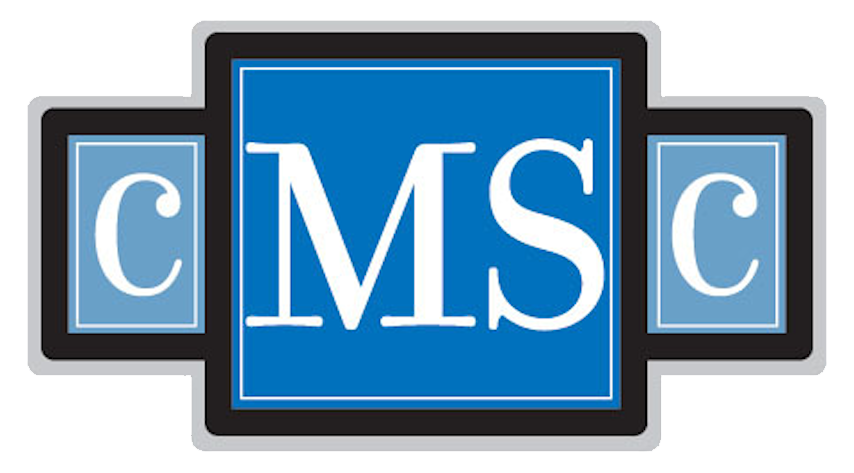Management of MS in a pediatric patient— especially in a younger child—requires a careful approach that differs in many respects from that of adults with MS. There is a need to consider the impact of treatment on the developing immune system and brain and over a longer-term disease course. This special supplement addresses the challenges …
Continue reading “Pediatric Multiple Sclerosis: Sourcebook for MS Care Professionals”
